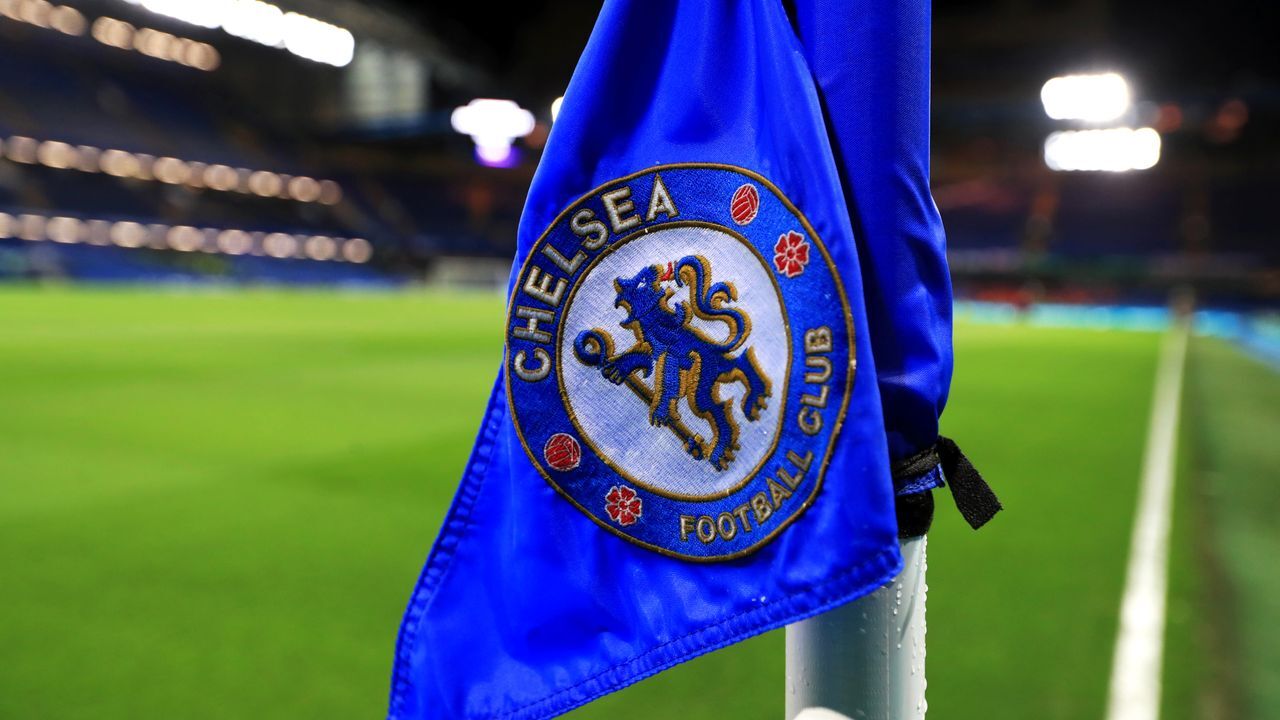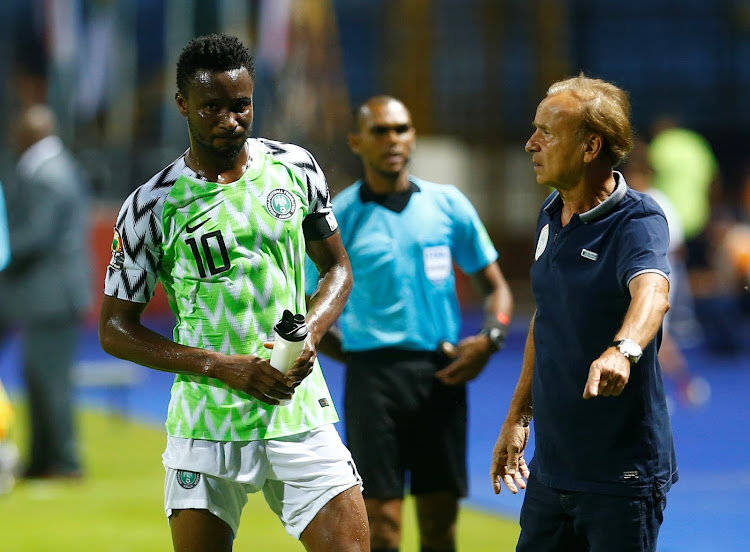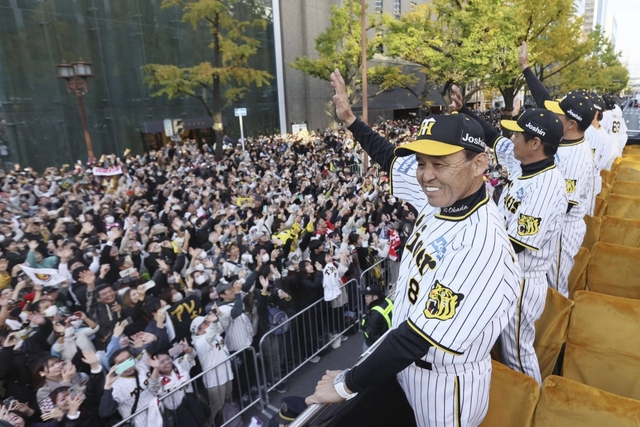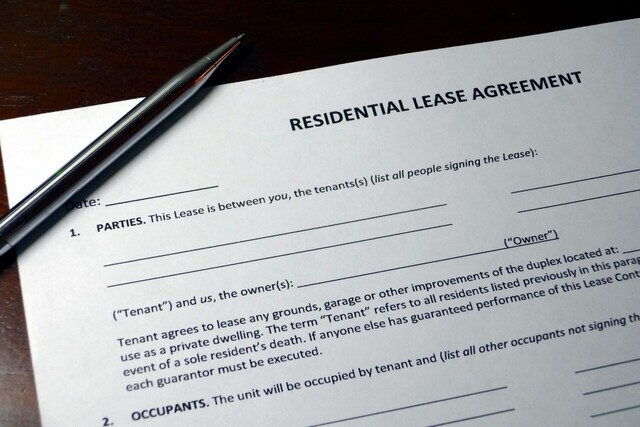Lawmakers say that claims that former owner Roman Abramovich lied about business dealings support their fight against “dirty money” in sports, but some warn of risks.
Recent news about financial wrongdoing at Chelsea FC has sparked EU plans to make football subject to strict rules against money laundering.
EU negotiators are arguing over whether to include football clubs, agents, and associations under the bloc’s anti-money laundering (AML) rules. If they do, big sponsors and even fans might have to go through a lot of checks.
There have been claims this week that Roman Abramovich, the former owner of Chelsea, engaged in complicated financial deals. These claims have given MEPs more reasons to want to include football in the rules.
Damien Carême, the French lawmaker from the Green Party who is leading AML talks on behalf of the European Parliament, told Euronews in a statement, “The Chelsea scandal shows once again the inherent risks in the football sector.” He also said, “The fight against money laundering cannot endure any gaps; no risky economic sector can be exempt from oversight.”
Based on leaked documents, the Bureau of Investigative Journalism (TBIJ) said that Abramovich made tens of millions of dollars in payments through offshore companies that were not revealed. This was done in spite of rules that were meant to make sure that the sport was financially fair.
Carême said. “Those who are against, what more proof do you need?”
MEPs think that football clubs, agents, and associations are easy places for illegal money to go. They want these groups to report any strange behavior to the police, just like banks, art dealers, and diamond traders already do.
This comes after a 2019 report from the Commission that said the game’s “complex organization and lack of transparency” made it a risk for money laundering, and a 2020 study from the EU police agency Europol that said mafia-style crime groups were fixing games.
In the Council, EU member states are not as sure. They met behind closed doors on November 14, 2014, for a trilogue, where they worked out the final text of the AML law.
Three people who were in on the talks told Euronews that they talked about the football problem but did not come to an agreement. After just a few hours, the Cyprus Confidential reports from TBIJ came out, and the Abramovich story came out early Wednesday morning.
The same goal
The governing body of football in Europe, UEFA, told Euronews that it agreed with the EU’s goal of fighting financial crime and protecting the integrity of the game, but it asked the EU not to rush into regulations.
A UEFA spokesperson said in an email statement, “EU policymakers should properly engage with football stakeholders in assessing impacts and developing policy options that meet our shared objectives.” The spokesperson also warned that poorly written laws could have “unintended consequences across Europe’s diverse football landscape.”
That could be based on what happened in Belgium, which passed new AML rules for football after a scandal called “Operation Zero” in 2018. During this scandal, prosecutors raided clubs like Anderlecht, Bruges, and Standard de Liège to look into potentially questionable financial transactions.
Niels Appermont, an associate professor at Hasselt University, told Euronews that the Belgian government is a lesson in how not to run a government.
He said, “The existing framework doesn’t really correspond very well with the business of professional football,” because the rules are made for banks and not for sports.
Anti-money laundering rules say that businesses have to check on their “customers,” but Appermont said it’s not always clear what that means for a player’s move or how the screening process could take a long time during the short transfer window.
William Bull, an associate professor at Maastricht University who co-wrote a UEFA-funded 2022 study on Belgian law with Appermont, agreed that there are problems in the football market but asked if AML rules are the best way to move forward.
Bull said that in the football industry, “everyone seems to agree that there’s a problem in terms of transparency, credibility, and concerns about various covert dealings or payments through agents.” But he also said that “the jury’s still very much out” on whether the current rules in the financial sector are cost-effective.
Chelsea didn’t reply right away when Euronews asked them for comment, but in a statement sent to TBIJ, they said that the accusations were made before the club was owned by its current owners and that the club had told football regulators about possible incomplete financial reporting.
TBIJ said that Abramovich’s lawyers did not respond to calls for comment. Last year, Abramovich had to sell Chelsea because he was sanctioned for ties to Russian President Vladimir Putin.


















